Solar panel sales boom as energy bills soar
- Published
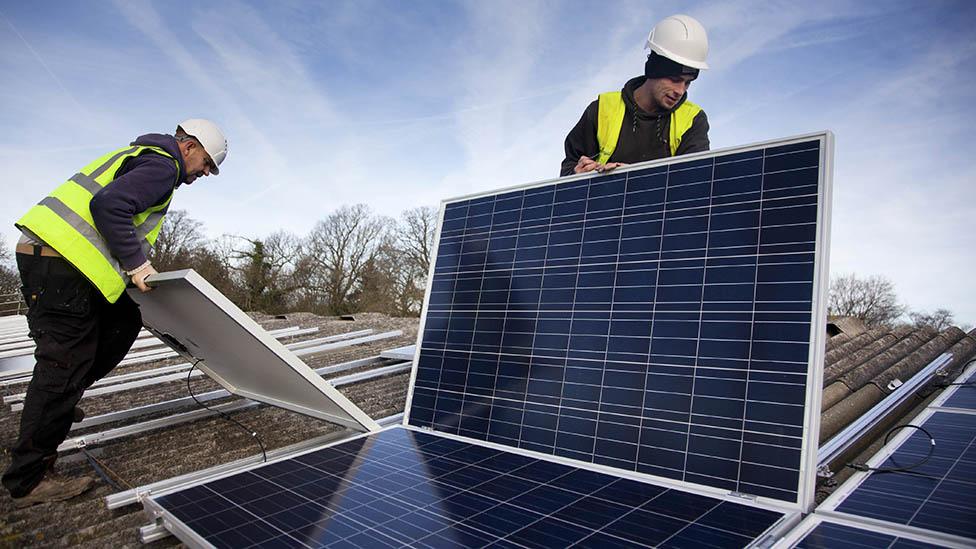
The energy bills crisis has prompted a big rise in demand for solar panels.
Just over 3,000 solar installations are being carried out every week, according to trade association Solar Energy UK, up from 1,000 a week in July 2020.
One provider said this month it had seen enquiries about solar panels rise tenfold, external.
"More solar panels are being put on British roofs than ever before," said Chris Hewett, chief executive of Solar Energy UK.
The fact that renewable energy helps protect the planet has always made it an attractive option.
The way they work is simple: the panels absorb sunlight through photovoltaic cells which convert it into electricity that can be flowed through your home, or into a battery.
The process significantly reduces the amount of electricity you will need from the network.
People who have successfully installed solar panels report saving hundreds of pounds on electricity bills.
But they are not the answer for everyone, as installing them means an upfront investment of thousands of pounds and you'll need the right type of property.
Soaring energy prices, however, have slashed the time taken to recoup your initial costs.
How much does it cost?
A decade ago a typical solar panel system cost around £20,000 and would take around a decade to cover those set-up costs.
But prices for solar panel systems have fallen by more than 60% since then, meaning it takes between four and five years for a system to pay for itself.
The price includes installation and the number of panels will depend on how much space you have on a roof. A typical 20sq m roof could hold 12 panels.
The Royal Institution of Chartered Surveyors suggests a standard solar panel system costs between £9,000 to £11,700, while Solar Energy UK lists the cost of a "typical" 3.1kWp system for a three-bed house as £3,925.
What you'll end up paying will depend on the size of the system, the type of panel you choose, the quality of components, the accessibility and state of repair of your roof, and the individual installer, says Which?
What types of properties are suitable?
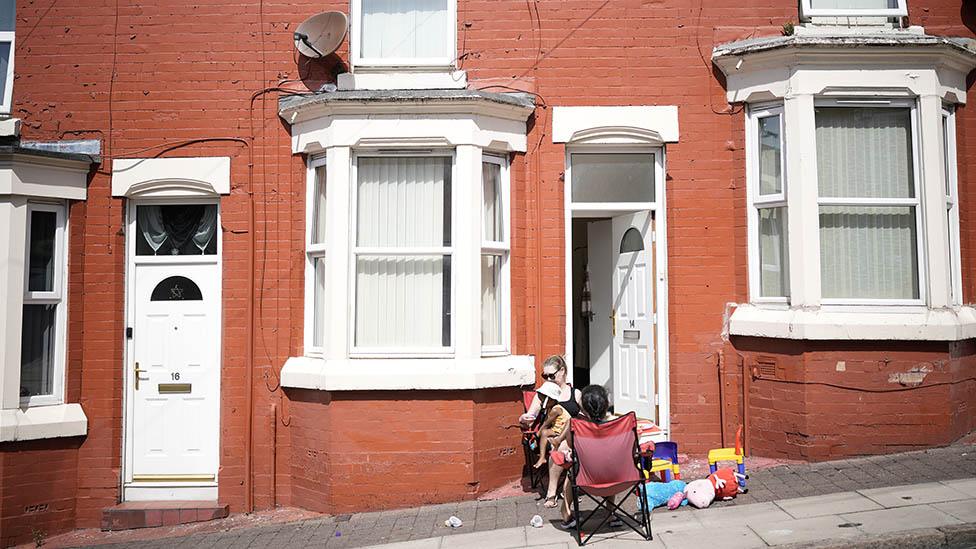
Many houses in the UK are just not designed to cope with a warming climate but homeowners are adapting
Not everyone will own a home that can benefit from solar energy, especially if you own a north-facing property, or your home is largely shaded.
"Solar panels are perfect for residential properties with a south, east or west-facing roof, preferably without any shading," says Mandip Bhamra, head of renewables at SaveMoneyCutCarbon.
"Depending on how old your house is, you may want to check your roof is structurally sound before fitting the solar panels onto it," says Brian Davenport, owner of The Solar Centre .
He says most installers will have access to a structural engineer for calculating the wind-load should a roof show any signs of distress.
"There should also be a small amount of room made available in your loft for the inverter, which is roughly the size of a microwave," he adds.
If you live in a flat you'd need to discuss the issue of installing solar panels with other residents and the freeholder.
"For a block of flats, most roofing should be fine, and with some flats where there is excess land, these can be placed in the ground too," says Mandip Bhamra.
How much could solar power help reduce your bills?
The amount of electricity solar panels generate depends on the type and size of system and home.
A report for Solar Energy UK suggests that a typical home could cut electricity bills by more than £300 a year. Households with electric heating could be more than £900 a year better off, the report said, although most UK households remain on gas central heating.
If energy bills rise as predicted this winter, then the value of electricity generated through solar panels could almost double, says Kevin Holland, managing director of The Solar Shed, a Norfolk-based renewable energy business.
He says a typical solar panel system could generate £1,200 worth of electricity in a year at current prices.
If energy bills rise by 80% in October plus a further 50% in January, as forecast, then the value of electricity generated by a typical system could climb to around £3,240.
Also, if you don't actually use all the electricity you generate, you can sell that surplus to an energy firm.
'Solar panels help me save £80 a month'
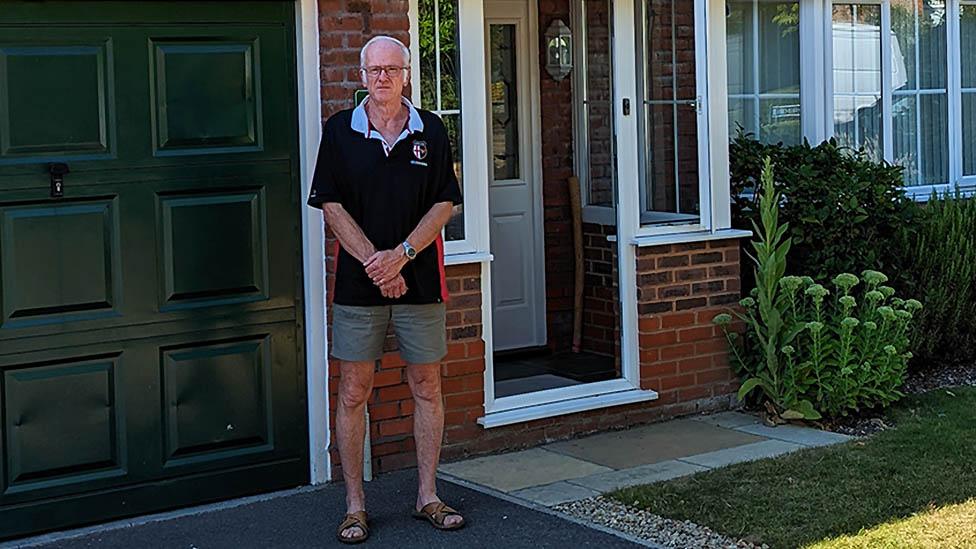
Fitting solar panels is a wise move, says Colin Froude
Colin Froude installed solar panels on his detached home in Salisbury, Wiltshire 11 years ago.
"I've never regretted it. It paid for itself in about seven or eight years and now my energy bills are just £67 a month, a saving of up to £80 a month," says Colin, who used to be in the Royal Air Force but is now retired.
"Paying that by standing order means I've actually built up a £330 credit in recent months so even when bills climb in October I won't increase my standing order as that credit should see me through into the New Year."
He spent £18,000 on installing 19 solar panels on his home in 2011 and says that has since generated £21,000 worth of electricity.
He spent another £12,000 installing a battery, new transformer and optimisers fitted to each panel a year ago but says that has improved efficiency enormously.
The move paid off. The system generated 1,600kwh in three months this summer.
"I did it to future-proof the house as protection against power cuts but it's rapidly paying for itself."
He cooks with electricity and says the solar panels generate all the hot water the household needs, so in the summer months when the heating is off, he pays nothing for gas.
"Given the rising cost of energy I would recommend solar panels to anyone," he says.
What else should you bear in mind?
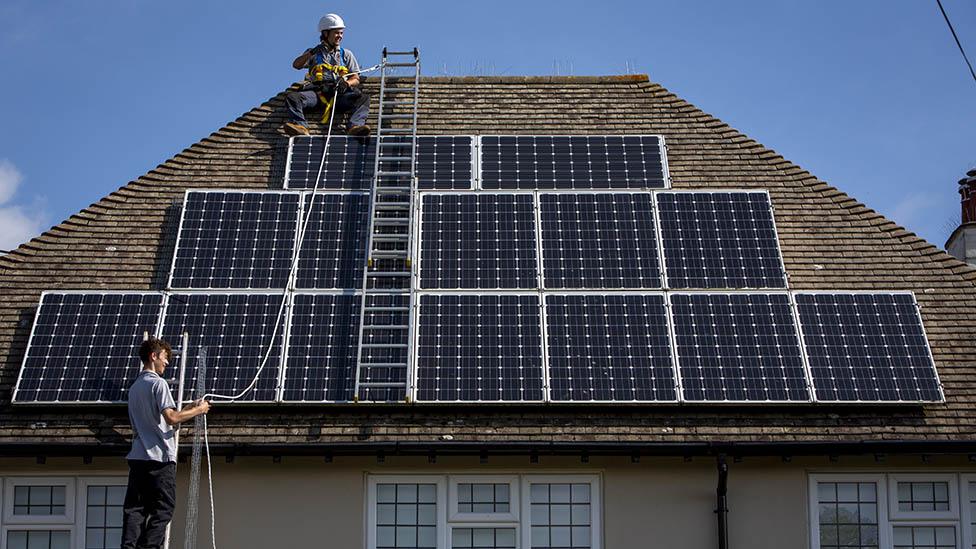
A great idea... as long as you can't see them?
It's a big investment so there are several things to consider.
"Well-chosen solar panel systems can provide a reliable source of renewable electricity for decades, helping to cut your carbon footprint, but buying an inappropriate system could leave you out of pocket," says Which?
In other words it's important to do thorough research and get a variety of quotes.
It is also worth considering that however much you splash out, it may not add an equal value to your home. Ageing, unattractive old solar panels could well put some potential buyers off.
"As long as you can't see them, solar panels are a great idea," says Charlie Wells, managing director of estate agency Prime Purchase.
"Estate agents are unlikely to offer a higher valuation if a property already has solar panels installed," says Brian Davenport.
But some buyers will be attracted by renewable energy and the chance to save cash on energy bills, says Kevin Holland.
"If there are two houses in the street for sale, one has no solar and a £4,000 energy bill, the other has solar and a £1,500 energy bill, which one are you buying?" he says.
- Published10 August 2022

- Published10 August 2022
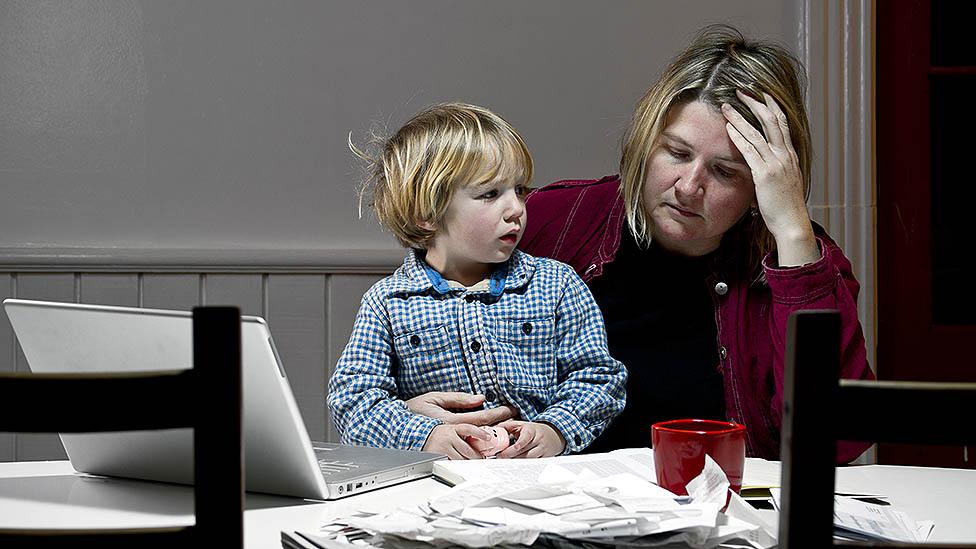
- Published8 August 2022
